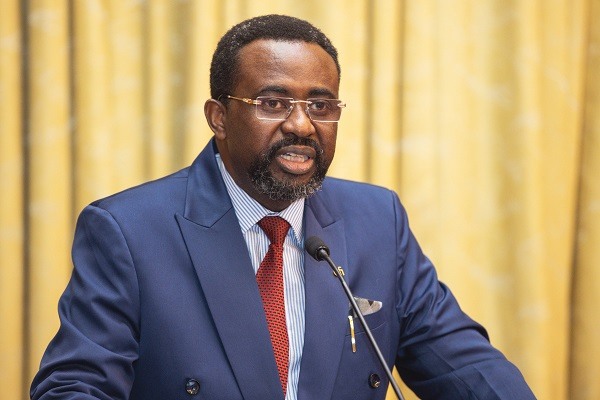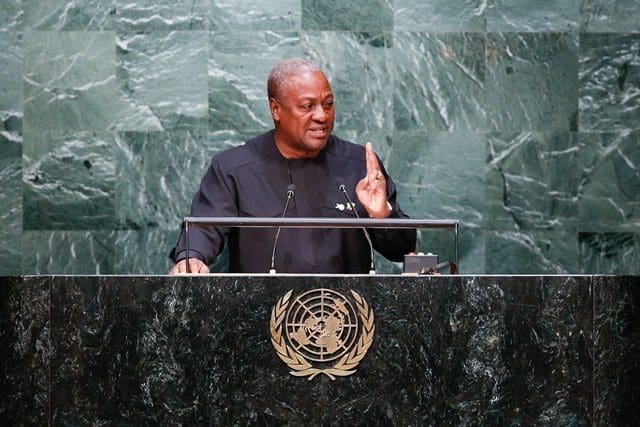The National Identification Authority (NIA) has severed access to its digital identity verification platform for the country’s tax agency, citing more than GH¢376 million (roughly $30 million) in unpaid fees.
The move, effective August 5, comes after months of what the NIA described as repeated but fruitless attempts to collect payment or negotiate a settlement plan with the Ghana Revenue Authority (GRA). The platform, known as the Identity Verification Service (IVS), is a key digital infrastructure that enables both public and private institutions to authenticate individuals in real time using the Ghana Card national ID database.
In an interview with Citi FM, NIA’s Head of Corporate Affairs, Williams Ampomah Darlas, said the authority was left with no choice after formal notices—including one to Parliament—went unanswered.
“We have written to them countless times,” Darlas said. “We even escalated it to Parliament… We gave them a final notice on July 29 to show commitment. We didn’t hear from them, so effective August 5, we blocked them.”
The disconnection is expected to disrupt digital services that depend on the Ghana Card for identity verification—many of which are administered by GRA or partner institutions.
Further complicating matters, the NIA claims that several organizations—including the Electricity Company of Ghana (ECG), the Lands Commission, and e-commerce platform Hubtel—have been accessing its data unlawfully through GRA, sidestepping required agreements and violating data governance protocols.
“What is disheartening is that there are other institutions sourcing data from the GRA, which breaches the law,” said Darlas. “You have taken our data, you are not paying, and you’re giving it to others—this is affecting our operational capacity.”
The NIA, which has faced its own budgetary constraints, argues that unpaid access fees undermine the sustainability of the IVS system, which has become a backbone of Ghana’s digital infrastructure.
Analysts say the standoff highlights the broader challenges of digital governance and inter-agency coordination in emerging economies. As Ghana expands its digital public services, ensuring financial and legal compliance across state entities is becoming critical to long-term success.
The NIA is calling for urgent intervention from national authorities to resolve the impasse and restore service continuity. The GRA has yet to publicly comment on the matter.













